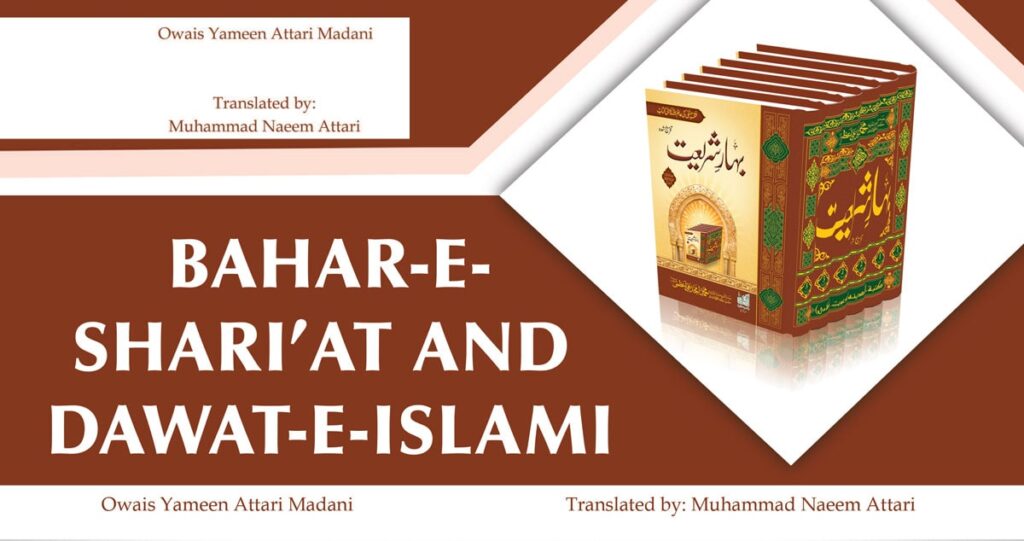Introduction:
Fiqh (فقه) is an Arabic word that means deep understanding. In Islam, it refers to the science of Islamic law—how Muslims understand and practice Allah’s guidance in their everyday lives.
Fiqh gives answers to practical questions like:
- How should I pray?
- What makes food halal or haram?
- What is the Islamic process for marriage, business, or inheritance?
By studying Fiqh, Muslims learn how to live according to the Shariah in a structured, thoughtful, and confident way.

Why is Fiqh Important?
Fiqh helps Muslims apply Islam in real life. It brings clarity to everyday situations and ensures our actions are in line with Allah’s guidance.
For example:
- The Quran says to pray. Fiqh tells us how to pray.
- The Quran commands Zakat. Fiqh shows how much to give and to whom.
Shariah vs. Fiqh – What’s the Difference?
Many people ask: What is the difference between Shariah and Fiqh?
- Shariah is the divine law, revealed in the Quran and Sunnah. It is perfect and unchangeable.
- Fiqh is the human understanding of that law. It may differ by time, place, or scholar.
In short: Shariah is from Allah. Fiqh is how scholars apply it to real life.
Where Does Fiqh Come From? – With Real-Life Examples
Fiqh is not based on opinions or guesses. It is built on seven foundational sources. Each source helps scholars derive rulings that are relevant and authentic.
Let’s break down each source with a practical example.
1. The Quran
Definition: The Quran is the first and most important source of Fiqh.
Example:
“Establish prayer and give Zakat…” (Surah Al-Baqarah 2:43)
From this, we learn the obligation of Salah and Zakat—two pillars of Islam.
2. The Sunnah
Definition: The Sunnah includes the Prophet Muhammad’s ﷺ actions, sayings, and approvals.
Example:
The Quran commands prayer, but doesn’t detail the method. The Prophet ﷺ said:
“Pray as you have seen me praying.” (Bukhari)
Through the Sunnah, we learn how to perform Salah correctly.
3. Ijma (Consensus of Scholars)
Definition: Ijma means unanimous agreement among qualified scholars on a legal ruling.
Example:
There is Ijma that a woman must have a wali (guardian) in marriage.
Even if one verse alone doesn’t say this, the consensus makes it a fixed ruling in Fiqh.
4. Qiyas (Analogical Reasoning)
Definition: Qiyas is applying a known ruling to a new issue with the same underlying cause.
Example:
Alcohol is haram because it intoxicates.
Using Qiyas, scholars also prohibit narcotics like heroin or weed, because they have the same harmful effect.
5. Istihsan (Juristic Preference)
Definition: Sometimes scholars make exceptions to general rules for the sake of ease or benefit.
Example:
Normally, contracts require physical products.
But scholars allowed electricity contracts, using Istihsan, because electricity is essential even though it’s not tangible.
6. Maslahah (Public Interest)
Definition: If something benefits society and doesn’t go against Quran or Sunnah, it can be allowed.
Example:
Traffic laws are not mentioned in the Quran. But following them serves public safety—a core Islamic value—so they’re allowed under Maslahah.
7. Urf (Custom and Tradition)
Definition: Accepted customs are valid in Fiqh if they don’t contradict Islamic teachings.
Example:
Mahr (dowry) can be gold, land, or anything valuable.
The exact form may change by culture, but Fiqh accepts these differences as long as the core requirement is met.
Summary Table of Fiqh Sources
| Source | Meaning | Real-Life Example |
|---|---|---|
| Quran | Divine revelation | Obligation of prayer and Zakat |
| Sunnah | Actions of Prophet ﷺ | Method of performing Salah |
| Ijma | Scholarly consensus | Guardian required in marriage |
| Qiyas | Analogical reasoning | Drug prohibition like alcohol |
| Istihsan | Juristic preference | Electricity bills as valid contracts |
| Maslahah | Public interest | Traffic laws for safety |
| Urf | Accepted local custom | Various forms of dowry (mahr) |
Why Every Muslim Should Learn Basic Fiqh
Learning Fiqh is not just for scholars. Every Muslim should know the basics of Islamic law to:
- Worship correctly
- Live ethically in society
- Handle marriage, finance, and family with Islamic principles
Today, you can study Fiqh through books, online courses, and platforms like islam180.com—step by step, at your own pace.
Conclusion
It’s your practical guide to Islamic living—based on Quran, Sunnah, and deep scholarship. Whether it’s worship, business, or social life, Fiqh helps you live in line with the Shariah in a wise and balanced way.
📝 Next Topic Teaser:
👉 “The Difference Between Shariah and Fiqh – Explained Simply” – coming soon on islam180.com



